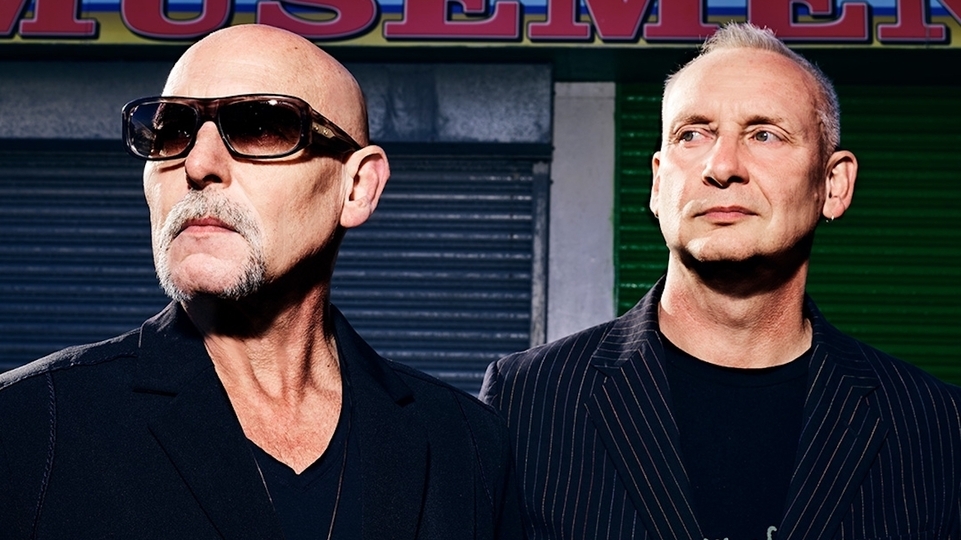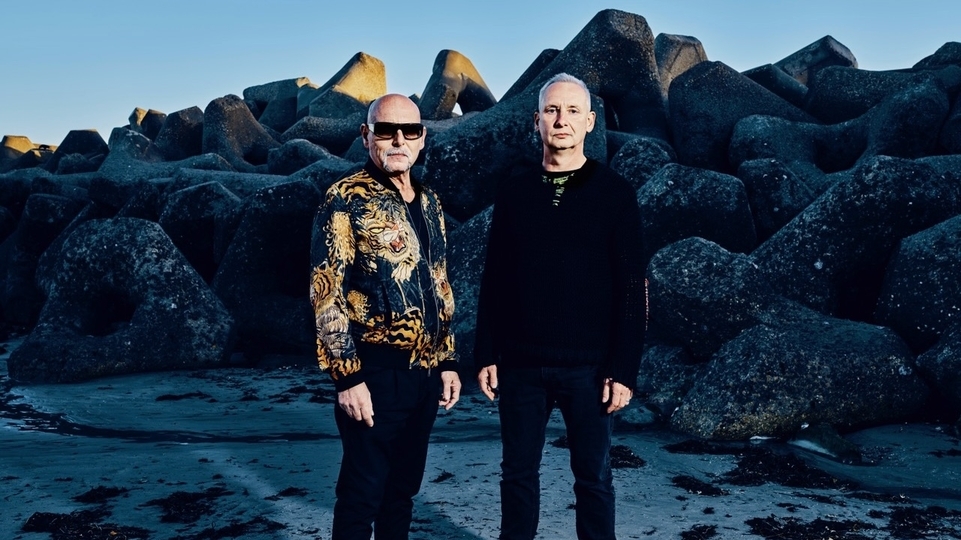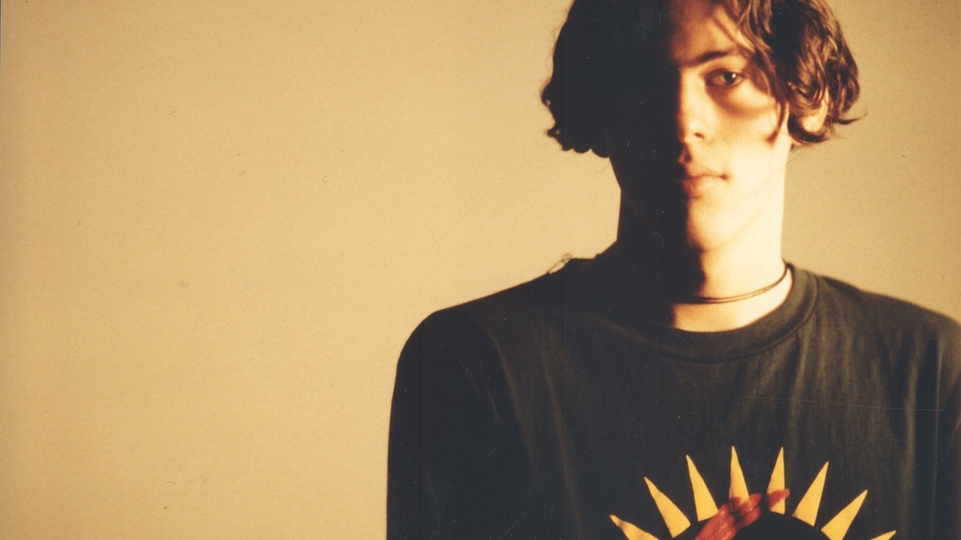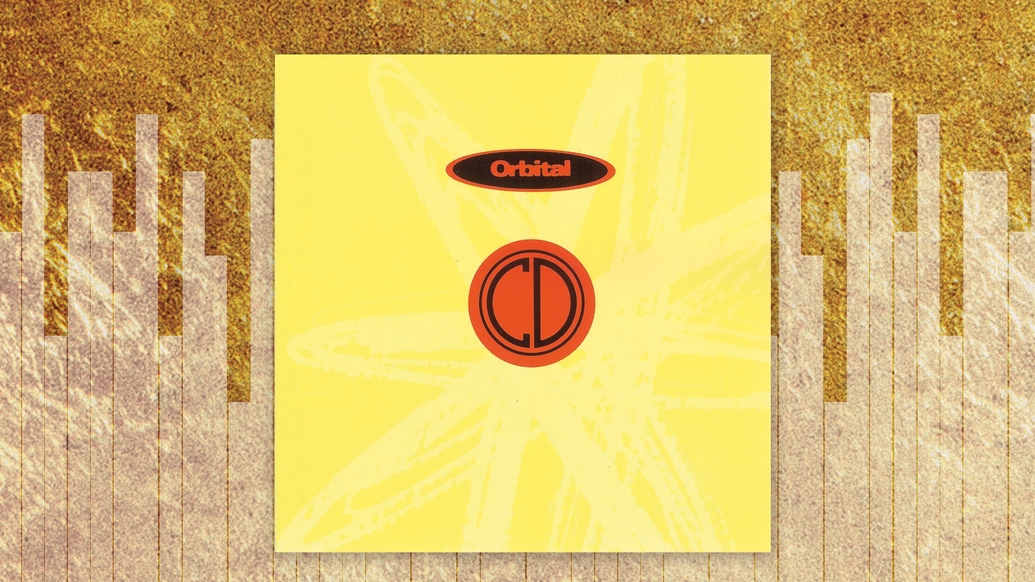
How Orbital’s exploratory debut album re-wrote the rule book for rave
Orbital’s eponymous debut album, also known as The Green Album, was released via FFRR in 1991. As part of our Solid Gold series, Ben Cardew explores how the record gave an insight into why they would go on to become one of electronic music’ most enduring acts
Most electronic music acts are fairly easy to work out. Not so Orbital, a British duo whose career has been marked by distinct phases of not quite fitting into scenes, from the not exactly techno of 1993’s ‘Orbital’ (aka The Brown Album) to the not really drum & bass of ‘Snivilisation’. ‘Orbital’, the band’s 1991 debut album — also known as ‘The Green Album’ to distinguish it from their second eponymous LP — is the band’s not quite rave album. It’s a record of snarling riffs and heart-breaking melody that skirts around the rave scene rather than submerging in it, like the M25 motorway from which the band took their name does to central London.
Plenty of people will disagree with this assessment. The Orbital brothers, Phil and Paul Hartnoll, made their initial breakthrough with ‘Chime’, a rave anthem par excellence; and the 11 tracks on the ‘The Green Album’ — which celebrates its 30th anniversary this year — would doubtlessly have worked at a 1991 rave. But the album’s melodicism, shifting beats and atypical structures suggest a step onward from rave, pointing towards the electronic home listening that Warp’s epochal ‘Artificial Intelligence’ compilation would nail in summer 1992, in a way that Dominator’s ‘Human Resource’ most certainly did not.
A more apposite historical comparison would perhaps be Autechre. Autechre and Orbital would go on wildly differing career paths over their respective four-decade careers. But if you listen to Autechre’s two contributions to ‘Artificial Intelligence’, they don’t sound that far from what Orbital were cooking up on ‘The Green Album’ tracks like ‘Steel Cube Idolatry’ or ‘High Rise’ — all clean melodic lines and idiosyncratic beats. This makes the ‘The Green Album’ an important jumping off point for Orbital, an insight into why they would go on to become one of the most enduring electronic music acts, appealing to rock fans, home listeners and festival crowds alike.
Key to the album’s appeal, both indoors and out, is the strong melodic thread that runs through its 11 tracks (in this case, I am talking about the original UK edition — the US album release differed significantly). ‘Chime’, their breakthrough song, has a descending synth melody so effortlessly catchy your milkman could whistle it, its lolloping air suggesting a Slinky’s elastic amble down a nightclub stair. ‘Belfast’ makes exceedingly good use of a sample of soprano Emily Van Evera performing ‘O Euchari’, building a scaffold around it of whistling synth lines and stately piano chords that match Van Evera’s regal dignity. (In a sign of the song’s enduring quality, ANNA recently released two remixes of ‘Belfast’ as part of Orbital’s ‘30 Something’ celebrations.)
At other times the duo’s melodic smarts are employed to rather more evil ends: ‘Speedfreak’ has one of the most catchily iniquitous riffs in the history of electronic music, a five-note pattern that moves into your brain and rearranges the cerebral furniture, while ‘Midnight (Live)’ introduces an LFO-style blast of cold synth steel to a wall of distorted guitar.
On paper, this might suggest a fairly typical rave act — particularly as The Beloved used the same Emily Van Evera sample on their own early-morning classic ‘The Sun Rising’ two years previously. But the ‘The Green Album’ is an expansion of the rave template on a grand scale, with the Hartnoll brothers sowing a kind of naive complexity into their work. Orbital were not exactly using the highest-quality recording studios at the time — the original version of ‘Chime’ was recorded in "a knocked-through stair cupboard that my dad set up as a home office” according to Paul Hartnoll — and the resulting recordings feel a little ragged around the edges, with little of the visceral noise appeal of, say, The Prodigy. But this was tempered by a harmonic complexity and exploratory spirit that thought nothing of piling more hooks and parts into a song than would be strictly necessary for a dancefloor hit.
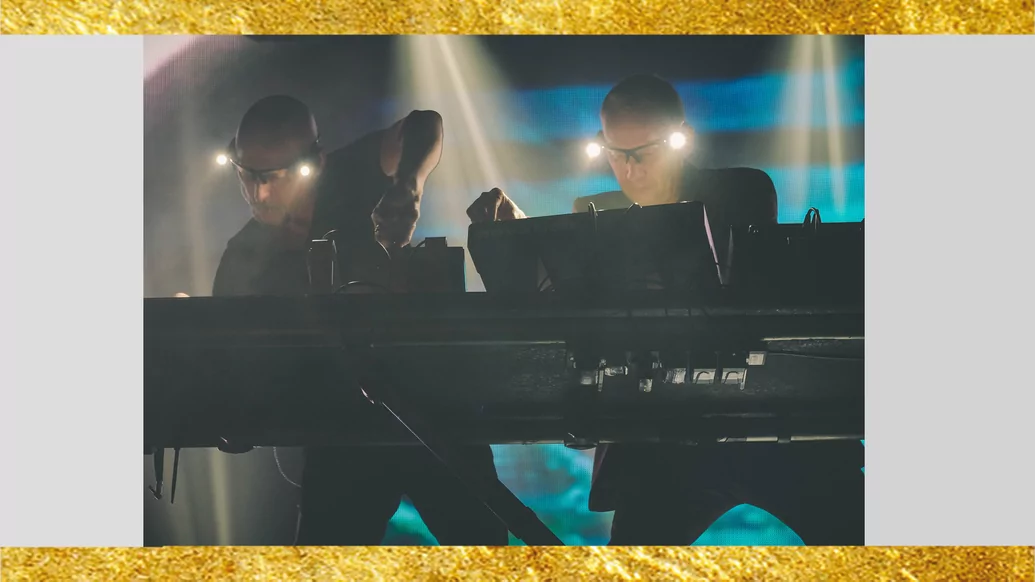
Paul Hartnoll’s background in punk bands, together with the fact that neither Hartnoll was really a DJ, gave the brothers a slightly different perspective on the rave sound. DJs tend to make records to DJ with, which means lots of loops, peaks and descents; Orbital favoured an almost rock music approach to structure, arranging their music in distinct and often contrasting musical sections, which butted up against each other, like the raging guitars of ‘Midnight (Live)’ giving way to a fluffed up ambience that appears to have drifted loose from a passing Orb record. Making people dance was doubtlessly important to Orbital. But the song would never be sacrificed to the whim of the groove. In another nod to rock music, the group — who would go on to become one of the pioneers of live electronic music performance — liked to record live to tape, which gave their recordings a scrappily exciting, edge-of-the-seat appeal.
You can also hear non-dance influences at play in the album’s drum programming. The record may play out to the traditional 4/4 time signature of dance music but the drums rarely live by a straight-forward 4/4 pulse. Both ‘Chime’ and ‘Speedfreak’ have unusual syncopated snare drum patterns, which suggest the whims of a rock drummer set loose on a drum machine rather than the steady grooves of techno. Elsewhere, ‘Desert Storm’ is perfectly equidistant between dub drawl and house chug, preceding Leftfield’s experiments with reggae on ‘Release The Pressure’ by a good 12 months.
When you compare the ‘The Green Album’ originals with the remixes found on 1992’s ‘Mutations’ EP, where the likes of Joey Beltram and Ray Keith got their DJ fingers on the Hartnoll’s work, it becomes obvious how much more obviously rave-y Orbital’s songs could be, when attached to more classic dance rhythms. The ‘Mutations’ EP is more obviously exciting than the ‘The Green Album’. But it hasn’t endured anywhere near as well.

Perhaps most important of all, though, in Orbital’s rise was the fact that ‘Orbital’ was an album rather than a simple collection of tracks. Making an album was unusual enough for an act that came from the rave scene (rather than the more obviously song-based house music acts); making one that actually worked as a long-playing listening experience was even more unlikely. And yet this was precisely how the Hartnolls planned it. “Most dance albums up to that point weren't very good,” Paul Hartnoll told Steve Lamacq on 6 Music back in 2011. “But our musical background was more Cabaret Voltaire, New Order and bands like that. And they were album bands so that’s kind of where we wanted to go with this.”
Add all this together and the unique nature of the ‘The Green Album’ becomes apparent. It is not, perhaps, Orbital’s best album — I would say the ‘The Brown Album’ shades it for cohesion and adventurousness — but it is the Hartnoll’s most important work, for the way it set out a new vision for Orbital themselves, and post-rave electronic music as a whole. Everything you might expect of rave music is here, from 303 tweaks to Sheffield bleeps, diva samples to thundering bass lines. But Orbital’s thoughtfully melodic approach to composition takes the music out of the rave and into the armchair, where it finds itself surprisingly at ease.
Coming at a time when UK rave culture was under attack — from police, the government and organised crime — ‘The Green Album’ was a very savvy move into mainstream musical norms; the kind of rave experience you could take home to show your parents (as I, and doubtlessly thousands of other naive teenagers, did at the time.) Rave, in tabloid terms, was evil, incarnate, a kind of lawless dance of death; ‘The Green Album’ was rave music you could play in the car without your family excommunicating you. As such, it paved the way for Orbital’s own career; but also those of The Prodigy, Underworld, The Chemical Brothers, Leftfield and, in fact, pretty much any dance act who would go on to shift a large amount of albums in the following years, re-writing the rave rule book for musical longevity and long-playing significance. This means we all have a lot to thank the ‘The Green Album’ for as it marks its 30th anniversary. Not fitting in has rarely sounded so sweet.

